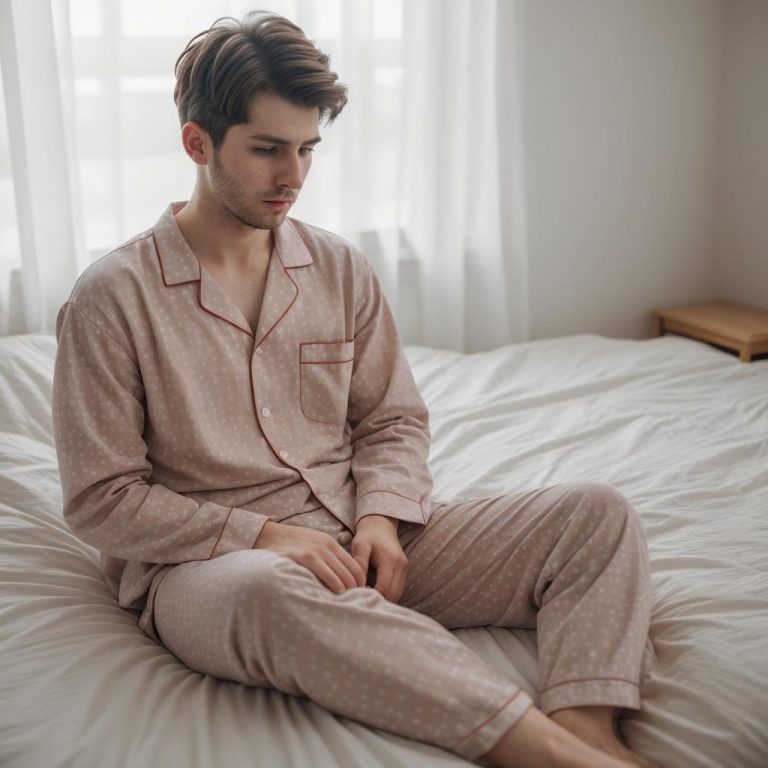
Houston, Texas, is known for many things – its diverse culture, booming economy, and, unfortunately, its notorious allergy season.
Every year, millions of residents in the Houston area suffer from various allergic reactions triggered by pollen, mold, dust, and other environmental factors. Understanding the causes, symptoms, and effective management strategies for Houston allergies is essential for those living in this vibrant city.

Common allergens in houston
Houston’s humid subtropical climate creates an ideal environment for a wide range of allergens to thrive. Pollen from trees like oak, cedar, and pine is prevalent throughout the year, with peaks during the spring and fall seasons. Additionally, mold spores proliferate in Houston’s warm and moist conditions, especially after heavy rainfall or flooding events. Dust mites, pet dander, and air pollutants further exacerbate allergic reactions for many residents.
Symptoms of houston allergies
Allergic reactions can manifest in various ways, ranging from mild discomfort to severe respiratory distress. Common symptoms of Houston allergies include:
Sneezing
Runny or stuffy nose
Itchy, watery eyes
Coughing
Wheezing
Shortness of breath
Skin rashes or hives
These symptoms can significantly impact daily life, leading to decreased productivity, disrupted sleep, and overall diminished quality of life for allergy sufferers.
Management and relief strategies
While it may be challenging to entirely avoid allergens, several strategies can help alleviate symptoms and manage Houston allergies effectively:
Allergen avoidance
Identifying and minimizing exposure to allergens is the first step in managing allergies. Keep windows closed during peak pollen seasons, use air purifiers with HEPA filters indoors, and regularly clean surfaces to reduce dust and mold buildup.
Medications
Over-the-counter antihistamines, decongestants, and nasal sprays can provide temporary relief from allergy symptoms. For more severe cases, prescription medications like corticosteroids or leukotriene modifiers may be necessary. Consultation with an allergist or immunologist can help determine the most suitable treatment plan.
Immunotherapy
Allergy shots or sublingual immunotherapy (under-the-tongue tablets) can desensitize the immune system to specific allergens over time, reducing the severity of allergic reactions. This long-term approach can be highly effective for individuals with persistent or severe allergies.
Lifestyle modifications
Maintaining a healthy lifestyle can bolster the immune system and reduce the frequency and intensity of allergic reactions. Eating a balanced diet, staying hydrated, getting regular exercise, and managing stress can all contribute to overall well-being and resilience against allergens.
Living with allergies in Houston can be challenging, but with proper understanding and management, individuals can find relief and enjoy a higher quality of life. By identifying common allergens, implementing avoidance strategies, seeking appropriate medical treatment, and making lifestyle adjustments, Houston residents can minimize the impact of allergies and thrive in this dynamic city. Consultation with healthcare professionals, including allergists and immunologists, is crucial for personalized guidance and support in managing allergic conditions effectively. With the right approach, Houston allergies need not hold anyone back from fully experiencing all that this vibrant city has to offer.



